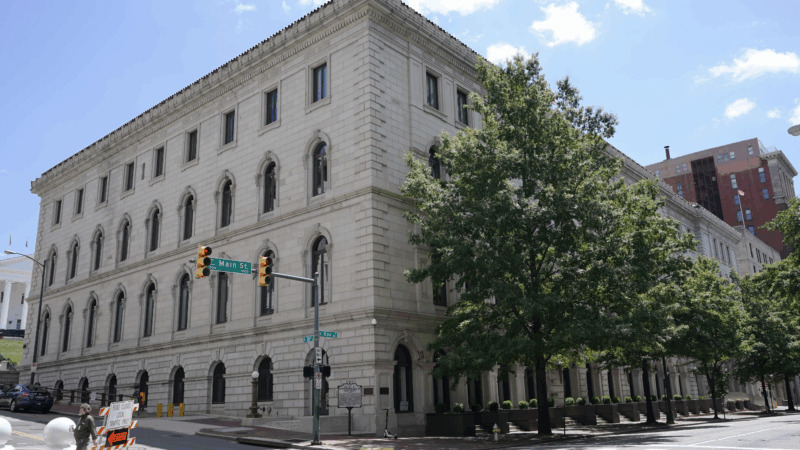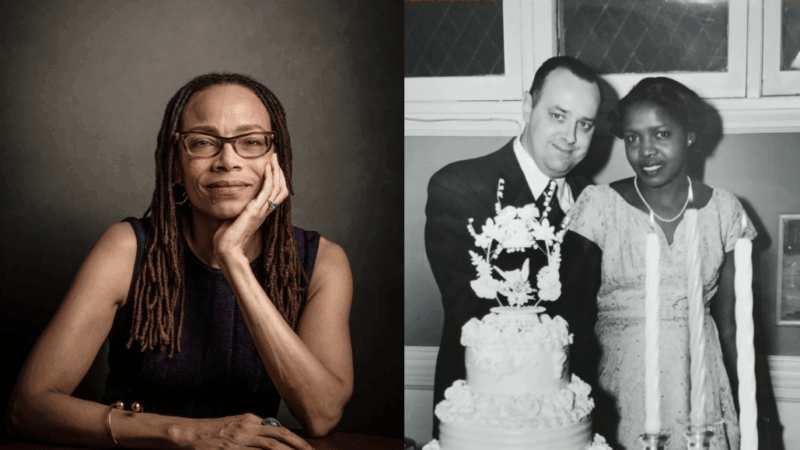The U.S. and China have agreed on a framework to resolve their trade disputes
LONDON — The U.S. and China have agreed in principle on a framework to carry out an agreement they reached on resolving their trade disputes last month, Chinese state media said.
The announcement followed Tuesday’s conclusion of two days of talks in London.
The earlier agreement had been shaken by a series of disputes in the ensuing weeks, leading to a phone call last week between President Trump and Chinese leader Xi Jinping to try to calm the waters.
Li Chenggang, a vice minister of commerce and China’s international trade representative, said the two sides had agreed in principle on a framework for implementing the consensus reached between the two leaders and at talks in May in Geneva, the official Xinhua News Agency said.
Further details, including plans for a potential next round of talks, were not immediately available.
Li and Wang Wentao, China’s commerce minister, were part of the delegation led by Vice Premier He Lifeng. They met with U.S. Commerce Secretary Howard Lutnick, Treasury Secretary Scott Bessent and Trade Representative Jamieson Greer at Lancaster House, a 200-year-old mansion near Buckingham Palace.
Lutnick said as he arrived Tuesday morning that the talks were “going well,” and he expected them to continue all day.
Asked late Monday how the negotiations were going, Trump told reporters: “We are doing well with China. China’s not easy.”
The two sides sought to build on negotiations in Geneva last month that agreed to a 90-day suspension of most of the 100%-plus tariffs they had imposed on each other in an escalating trade war that had sparked fears of recession.
Since the Geneva talks, the U.S. and China have exchanged angry words over advanced semiconductors that power artificial intelligence, visas for Chinese students at American universities and rare earth minerals that are vital to carmakers and other industries.
Trump spoke at length with Chinese leader Xi Jinping by phone last week in an attempt to put relations back on track, then announced the trade talks would resume in London.
China, the world’s biggest producer of rare earths, has signaled it may ease export restrictions it placed on the elements in April, alarming automakers around the world who rely on them. Beijing, in turn, wants the U.S. to lift restrictions on Chinese access to the technology used to make advanced semiconductors.
Trump said that he wants to “open up China,” the world’s dominant manufacturer, to U.S. products.
“If we don’t open up China, maybe we won’t do anything,” Trump said at the White House. “But we want to open up China.”
Federal judge acknowledges ‘abusive workplace’ in court order
The order did not identify the judge in question but two sources familiar with the process told NPR it is U.S. District Judge Lydia Kay Griggsby, a Biden appointee.
Top 5 takeaways from the House immigration oversight hearing
The hearing underscored how deeply divided Republicans and Democrats remain on top-level changes to immigration enforcement in the wake of the shootings of two U.S. citizens.
Snowboarder Chloe Kim is chasing an Olympic gold three-peat with a torn labrum
At 25, Chloe Kim could become the first halfpipe snowboarder to win three consecutive Olympic golds.
Pakistan-Afghanistan border closures paralyze trade along a key route
Trucks have been stuck at the closed border since October. Both countries are facing economic losses with no end in sight. The Taliban also banned all Pakistani pharmaceutical imports to Afghanistan.
Malinowski concedes to Mejia in Democratic House special primary in New Jersey
With the race still too close to call, former congressman Tom Malinowski conceded to challenger Analilia Mejia in a Democratic primary to replace the seat vacated by New Jersey Gov. Mikie Sherrill.
A daughter reexamines her own family story in ‘The Mixed Marriage Project’
Dorothy Roberts' parents, a white anthropologist and a Black woman from Jamaica, spent years interviewing interracial couples in Chicago. Her memoir draws from their records.






